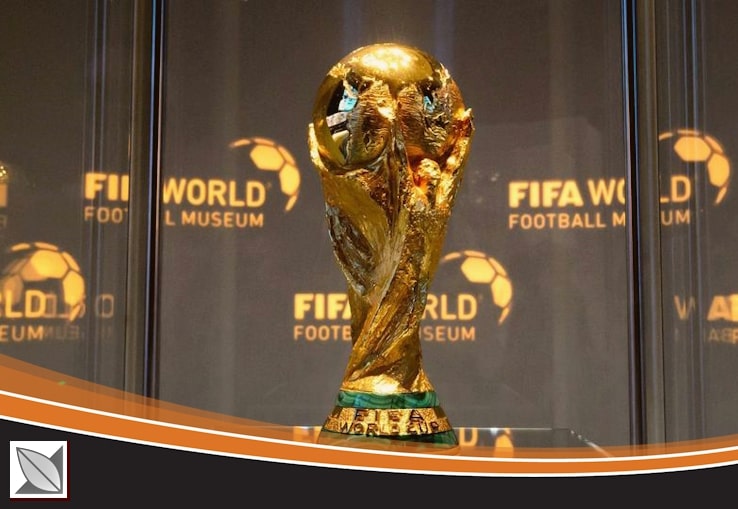The Birth of the World Cup

The FIFA World Cup is more than just a tournament; it's a quadrennial celebration that unites nations in a shared passion for football. However, the inception of the World Cup is a story of visionary ideals, international collaboration, and the relentless pursuit of a dream that would bring the world together. This article explores the origins of the World Cup, the first tournament in 1930, and the lasting legacy it has left on the world.
The Dream of a World Tournament
In the early 20th century, the Olympic Games were the pinnacle of international football, but they were limited to amateur players. The vision for a world tournament featuring professional footballers was largely credited to Jules Rimet, the third president of FIFA. His relentless advocacy and leadership were instrumental in turning the dream of a global football competition into reality.
Planning and Obstacles
The journey to the first World Cup was fraught with challenges. Selecting a host nation, convincing teams to participate, and managing the logistics of a global event in the pre-jet age were monumental tasks. Moreover, European skepticism and the strain of the interwar period presented significant diplomatic and financial hurdles.
Selection of the Host Country
Uruguay was eventually chosen as the host for the inaugural tournament, an honor bestowed in recognition of their Olympic victories in 1924 and 1928 and as a celebration of the nation's centennial of independence. Their commitment to cover travel and accommodation costs for participating teams was also a decisive factor.
The Inaugural Teams
The initial World Cup in 1930 saw thirteen teams participating—seven from South America, four from Europe, and two from North America. The European contingent included Belgium, France, Romania, and Yugoslavia, while the United States and Mexico represented North America, joining the South American nations in the pursuit of football's highest honor.
The First Matches
The first World Cup match was played on July 13, 1930, between France and Mexico, with France securing a 4-1 victory. The United States also made a strong showing, reaching the semi-finals. However, the tournament was dominated by the South American teams, with Argentina and Uruguay making it to the finals.
The Monumental Final
The final was a showdown between Uruguay and Argentina, played in front of a packed Estadio Centenario in Montevideo. The gripping match saw Uruguay come from behind to win 4-2, becoming the first nation to lift the Jules Rimet Trophy. The success of the final, attended by nearly 93,000 spectators, underscored the unifying power of football and the World Cup's potential to become an international phenomenon.
Legacy and Expansion
The World Cup rapidly expanded in scope and scale in the following decades. Despite interruptions due to World War II, the tournament resumed in 1950 and has since become the most prestigious event in football, with over 200 nations vying for a place in the finals. The World Cup's ability to create heroes, foster national pride, and produce unforgettable moments has only grown with each edition.
Conclusion
The birth of the FIFA World Cup marked a significant milestone in sports history, not just as a football tournament but as a global event that encapsulates the spirit of international camaraderie and competition. From its humble beginnings in 1930, the World Cup has transcended sport, becoming a powerful symbol of global unity and showcasing the incredible talent that exists across continents. As we look back on the origins of this celebrated tournament, we also look forward to the dreams and dramas it will continue to weave in the future of football.